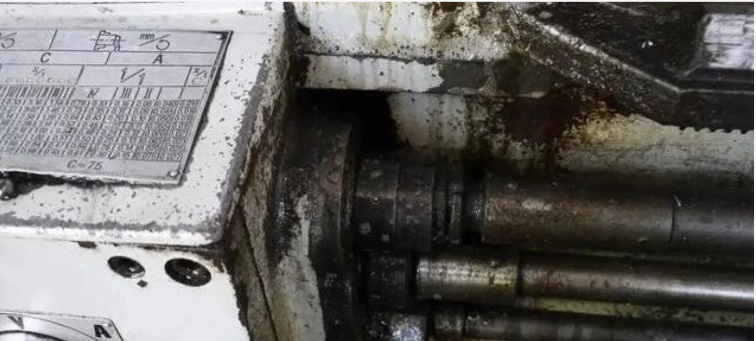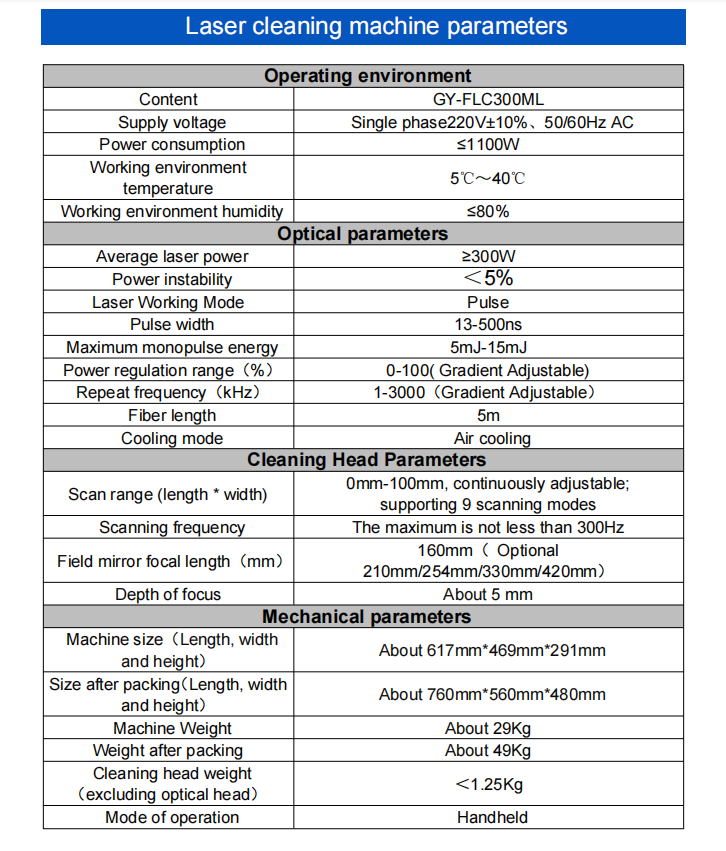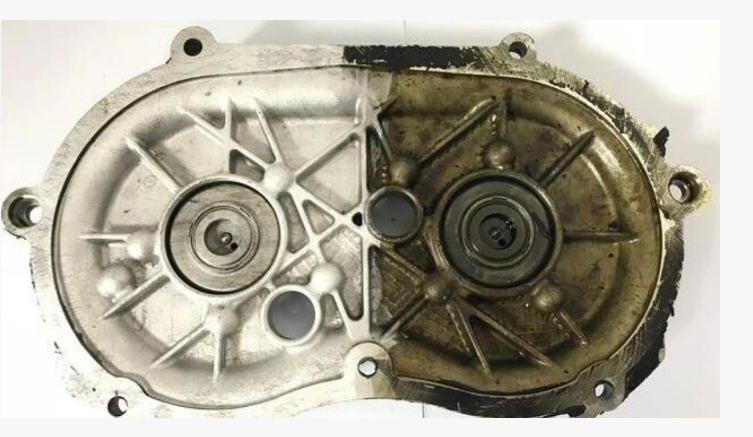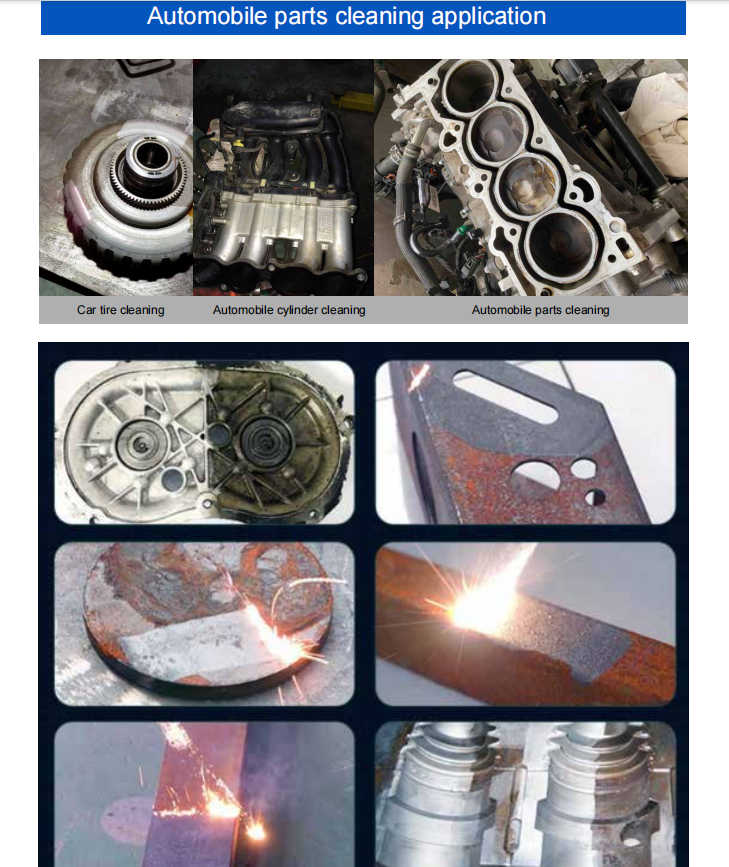Oil stains are ubiquitous in daily life. For instance, engines, mechanical parts, molds, and various other equipment accumulate oil stains of varying degrees on their surfaces due to long-term use. If these oil stains are not cleaned regularly, their long-term buildup will affect the performance and service life of the components.
To remove oil stains, traditional cleaning methods use cleaning agents to dissolve and disperse the stains. These processes require large amounts of water, which pollutes the environment, and the cleaning agents themselves also pose hazards to human health. Additionally, there is the method of removing oil stains through mechanical friction—this involves applying mechanical force to the surface of the object to be cleaned to achieve stain removal. However, this operation easily damages the substrate and is both time-consuming and labor-intensive. Traditional cleaning methods have multiple drawbacks and fail to meet the current strict environmental protection requirements.
As a product of industrial development in the new era, laser cleaning breaks through the technical barriers of traditional cleaning and is a green, environmentally friendly cleaning method. It overcomes the shortcomings of traditional cleaning—such as the need for cleaning agents, complex cleaning processes, and long cleaning cycles—and enables non-toxic, harmless green cleaning of oil stains on object surfaces.
Post time: Sep-19-2025




















